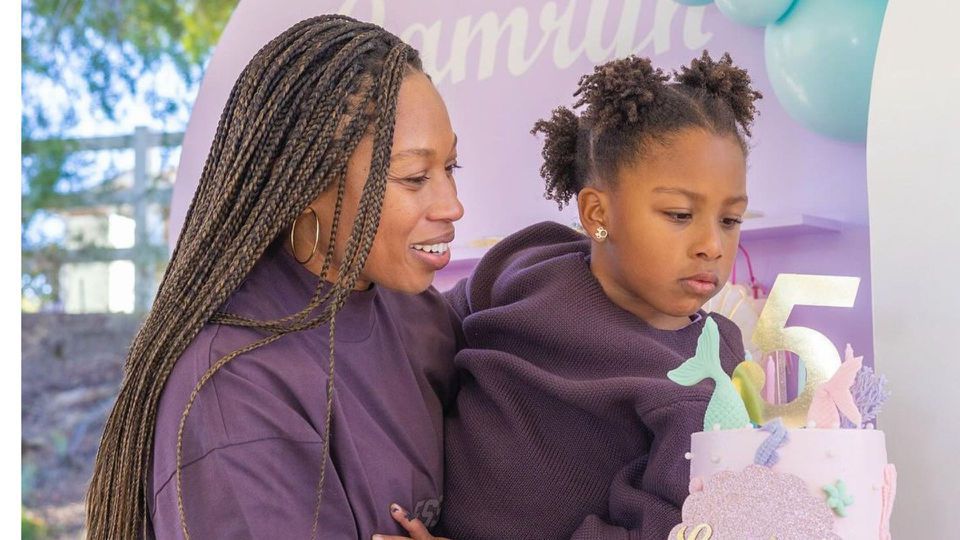When Olympic champion Allyson Felix became pregnant, her main sponsor cut her contract by 70%, telling her to stay in her lane and “just run.” Instead of bowing to pressure, she fought back, reshaping how sports treat mothers and proving that resilience can overcome systemic bias.
Felix’s battle began in 2018, when she gave birth to her daughter, Camryn, prematurely at 32 weeks after developing preeclampsia. The complications nearly cost both mother and child their lives. Watching her daughter hooked to monitors in intensive care, Felix questioned whether she would ever return to the track.
Despite sleepless nights caring for a newborn, Felix resumed training, preparing for the Tokyo Olympics while balancing motherhood and recovery. But her challenges went beyond the physical. Her sponsor refused to guarantee financial protection for pregnant athletes, even as they wanted her to feature in campaigns about women’s empowerment. Feeling insulted and isolated, Felix decided to speak out.
Her public stand forced the company to change its policy, extending protections for mothers across sports. However, Felix had already moved on, signing with Athleta and later launching her own brand, Saysh, designed specifically for women. By taking control of her career, she transformed personal struggle into collective victory.
Beyond contracts and medals, Felix became a powerful advocate for maternal health. She testified before Congress about racial disparities in healthcare, highlighting how Black women face significantly higher risks during pregnancy. Her voice amplified a national conversation on bias in medicine and the urgent need for reform.
On the track, Felix’s story came full circle when she won more medals as a mother, training in improvised spaces during the pandemic and running in spikes from her own brand. Off the track, she created opportunities for other women athletes, ensuring they would not have to choose between their careers and motherhood.
Her journey is not only about breaking records but also about breaking barriers. From the screams in the neonatal unit to the roar of Olympic crowds, Felix’s resilience shows that motherhood is not a weakness but a source of strength.
“I stayed silent for too long,” she has said. “But when you speak your truth, on the other side of that fear is freedom.”

